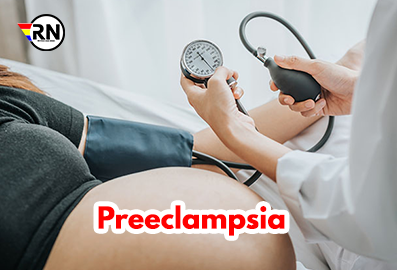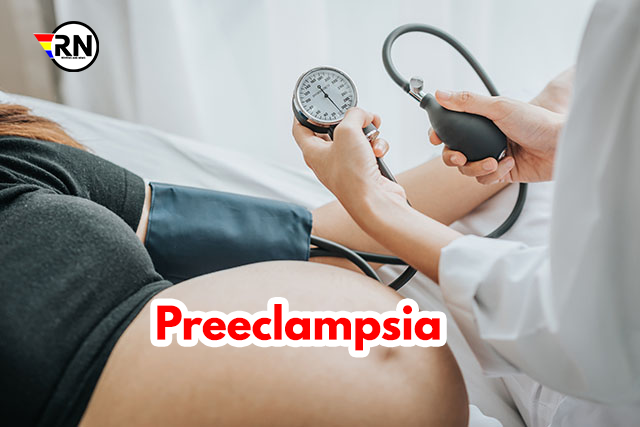Hi Visitor welcome to reviewsdisk.com, as you know that we are providing our research review about different category like, Health, technology, social news, online earning etc. so now today I shared medical content relevant to women health and that is the topic of Preeclampsia Symptoms, Causes, Treatments & Prevention, I hope this post helpful for you.
Hey there! Ever heard of Preeclampsia? If you’re expecting or know someone who is, this is a topic you might want to familiarize yourself with. But don’t stress! I’m here to break it down for you.
Introduction to Preeclampsia
So, what exactly is Preeclampsia? Think of it as a condition during pregnancy where high blood pressure and signs of damage to another organ system, often the kidneys, come into play. Sounds alarming? Well, knowledge is power, and the more you understand it, the better prepared you’ll be.
Symptoms of Preeclampsia
Just like any other condition, Preeclampsia has its tell-tale signs.
Physical Symptoms
You might be wondering, what should I be on the lookout for? Common symptoms include:
- Severe headaches
- Blurred vision or sensitivity to light
- Upper abdominal pain, typically under the ribs on the right side
- Shortness of breath
- Nausea and vomiting in the latter half of pregnancy
Risk Factors
While any pregnant woman can develop Preeclampsia, certain factors can increase the risk. These include:
High Blood Pressure
Did you know that having high blood pressure before getting pregnant can increase your risk of Preeclampsia?
Protein in the Urine
Protein in the urine, or proteinuria, is a classic sign. But, remember, not all women with Preeclampsia have this symptom.
Causes of Preeclampsia
Ever thought, “What’s causing all this?” Well, the exact cause remains a bit of a mystery, but there are some theories.
Placental Issues
Some experts believe problems with the placenta’s blood vessels might be the culprit.
Blood Vessel Problems
Existing blood vessel problems, such as those due to diabetes or high blood pressure, can also play a role.
Genetics & Autoimmune Factors
Some folks might just have the genes predisposing them to Preeclampsia. Others might have immune system issues that contribute.
Treatments for Preeclampsia
Feeling overwhelmed? The good news is there are treatments to manage this condition.
Medications
Your doctor might prescribe medications to lower blood pressure or prevent seizures.
Delivery of the Baby
In severe cases, the safest option might be to deliver the baby, even if it’s a bit earlier than expected.
Monitoring & Support
Regular check-ups, dietary changes, and bed rest can also be part of the treatment plan.
Prevention Methods
Is prevention better than cure? Absolutely! Here are some methods:
- Regular prenatal check-ups
- Dietary modifications
- Medications, as advised by a doctor
- Keeping existing medical conditions, like diabetes, under control
Conclusion
Preeclampsia, while daunting, is manageable with the right knowledge and care. Remember, the journey of pregnancy is unique for everyone. So, always consult your healthcare provider about any concerns. Be informed, be prepared, and take care!
Frequently Asked Questions (FAQs)
- Is Preeclampsia hereditary?
- While there’s some genetic predisposition, it doesn’t guarantee that you’ll experience it if a family member had it.
- Can Preeclampsia occur after childbirth?
- Yes, it’s called postpartum Preeclampsia and can develop within 48 hours to six weeks after childbirth.
- Are there long-term effects of Preeclampsia?
- Some women might be at a higher risk for cardiovascular diseases later in life.
- How often should I get check-ups if diagnosed with Preeclampsia?
- Your doctor will guide you, but expect frequent monitoring.
- Can I have a natural birth with Preeclampsia?
- It depends on the severity. Consult with your healthcare provider for the best advice.

